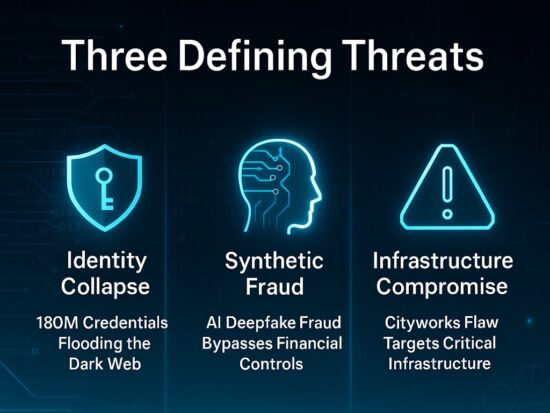Identity theft is a crime that has been on the rise for the past decade. It can happen to anyone, regardless of their age, gender, or social status. The consequences of identity theft can be devastating and can take a long time to resolve. In this article, we will discuss the aftermath of becoming a victim of identity theft.
The first thing that happens when you become a victim of identity theft is that your personal information is compromised. This can include your name, address, date of birth, social security number, and credit card information. The thief can use this information to open new credit accounts, take out loans, and make purchases in your name. This can result in significant financial loss, damage to your credit score, and a lot of stress.
Once you realize that you have become a victim of identity theft, the first thing you should do is contact the credit bureaus and put a fraud alert on your credit report. This will prevent any new accounts from being opened in your name without your consent. You should also contact your bank and credit card companies to report any fraudulent charges and have your accounts frozen or closed if necessary.
The next step is to file a report with the Federal Trade Commission (FTC) and local law enforcement agencies. This will create a record of the theft and may help with the recovery of your stolen information. The FTC will also provide you with a recovery plan that includes steps you can take to protect your identity and restore your credit.
One of the most time-consuming tasks after identity theft is repairing your credit. You may need to dispute fraudulent charges with your creditors, work with the credit bureaus to remove inaccurate information, and monitor your credit report for any new suspicious activity. This can take several months or even years to complete.
Identity theft can also cause emotional distress and anxiety. Victims often feel violated and vulnerable, and may experience a loss of trust in others. It is important to seek support from friends, family, or a mental health professional if you are struggling with the aftermath of identity theft.
Becoming a victim of identity theft can have serious consequences that can take a long time to resolve. Therefore, it is important to take immediate action to limit the damage and protect your personal information. It is also important to seek support from others and take care of your emotional well-being during this difficult time. Remember, with patience, persistence, and the right resources, you can recover from identity theft and regain control of your financial and personal life.





